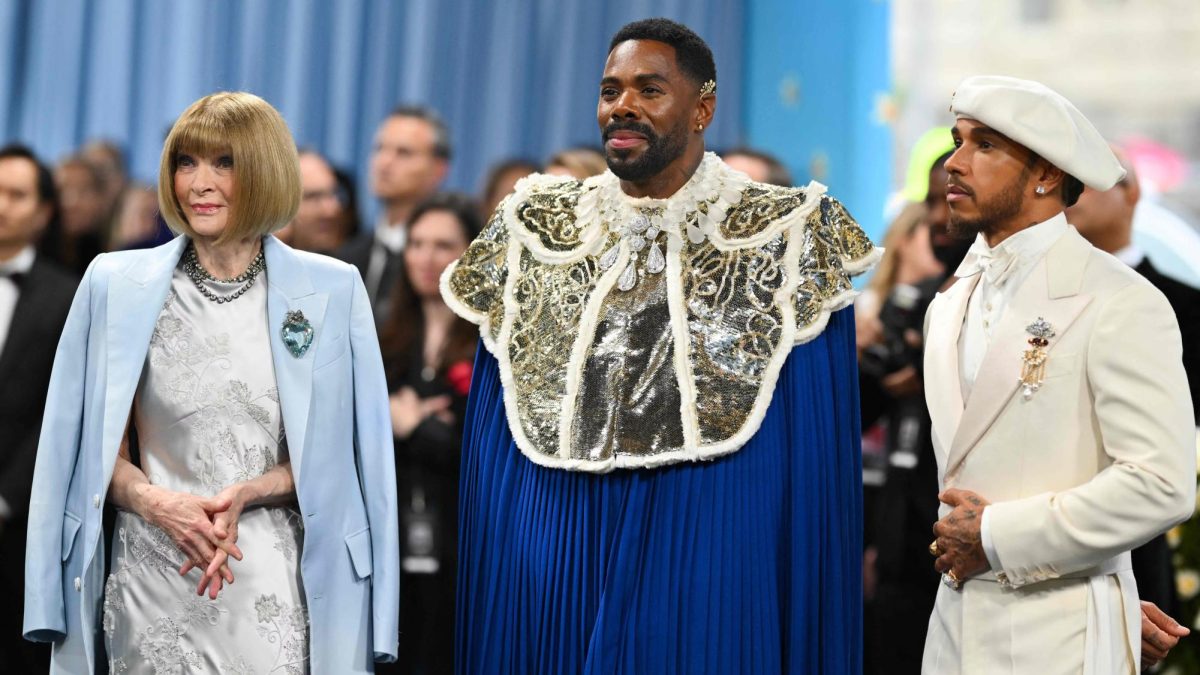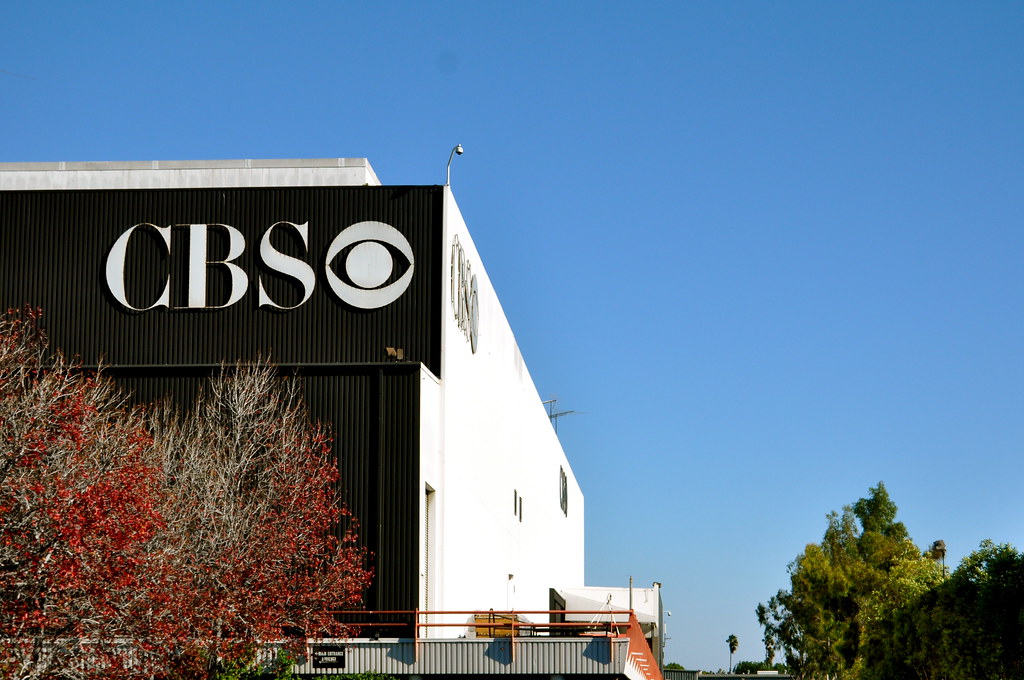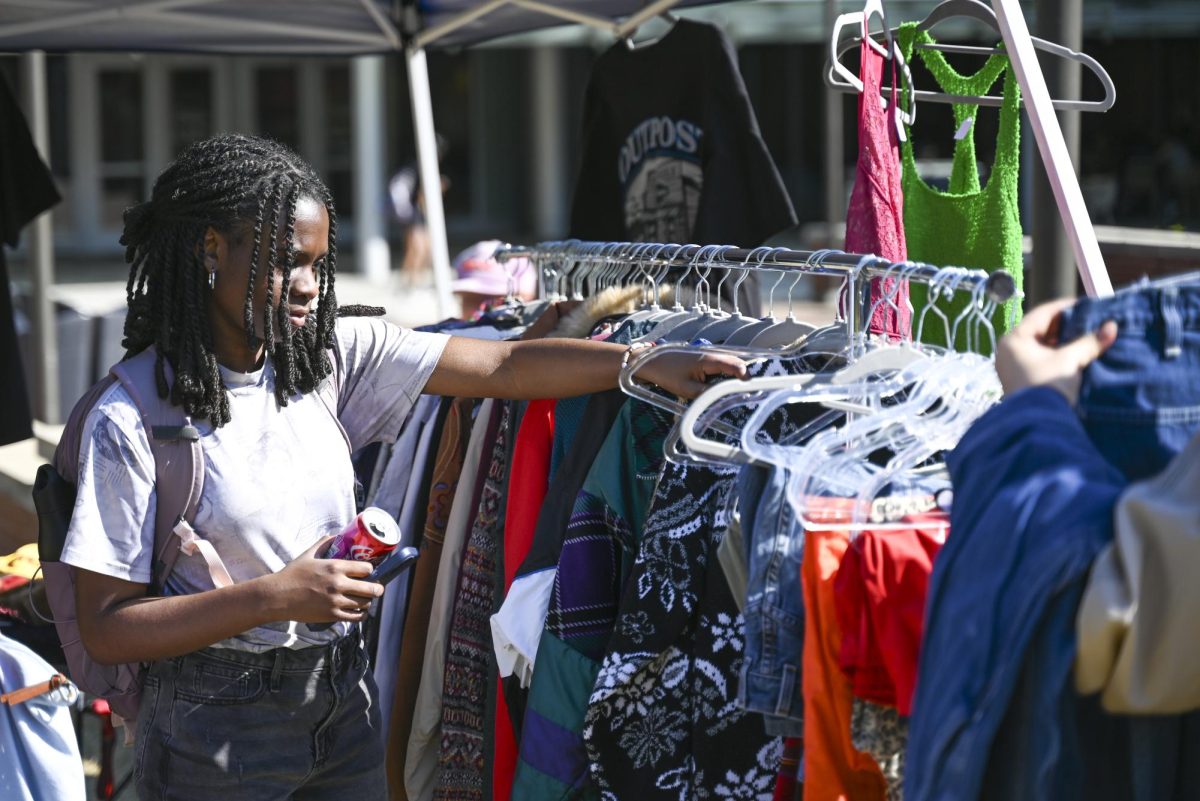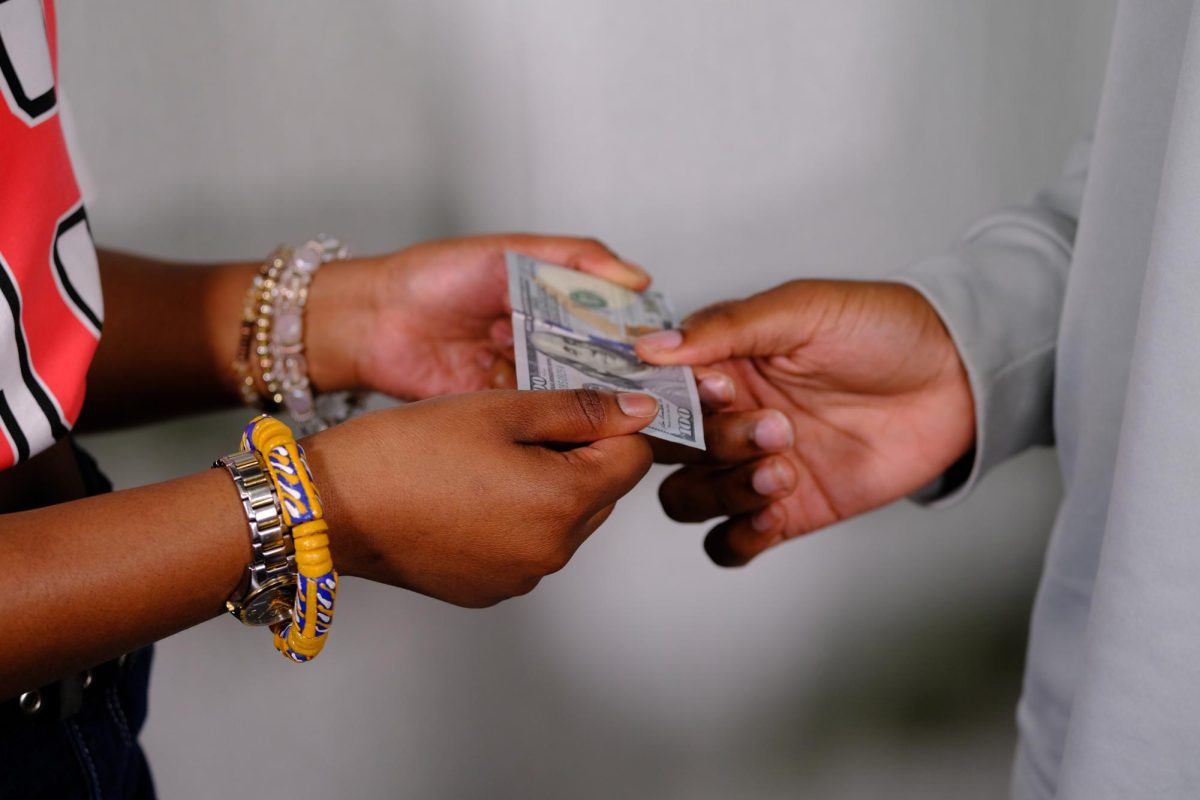Kelly Darden | Staff Writer
Heathcliff Huxtable, Dwayne Wayne, and even Sheneneh ruled the airways during the 1990s, giving audiences something to look forward to every week. Many people can agree that this era was the peak of black television, which even spilled into the 2000s with familiar faces like Michael Kyle and Uncle Bernie. We remember these shows because of their positive portrayals of black success, family, love, comedy and happiness.
Fast forward to the current age of reality television and these positive portrayals of black people are no more. Instead we have “icons” like Stevie J, Draya Michele and the Basketball Wives (many of whom are not wives).
Reinforced on these shows, are the ideas that black people take part in constant bickering, fighting, name-calling, weave-snatching, relationship turmoil and other unnecessary foolishness. What makes the situation worse is that many of the people featured on these shows have no real claim to fame outside of being video-vixens, former girlfriends, children’s mothers, or aspiring models, rappers or celebrity personalities.
The absence of these shows have left a void in black televeision. We no longer see a young Rudy growing up in a stable household or Jordan from the Bernie Mac Show learning how to become a man. This is a problem because prejudices are far from extinct and with television being the most attainable source of communication, we don’t exactly have the best representatives of our culture on hand.
For arguments sake there are some shows like House of Payne and The Game that feature the occasional positive lesson, but even these come at a price. While House of Pain could easily be considered a household name, even here we see constant reminders of a crack head mother or infidelity. On BET, The Game transitioned from being a show about Derwin Davis’ rise to football stardom to a weekly update of the baby mama drama Davis encountered.
So why have our weeknights gone from family sitcoms to tuning in to see who will throw a drink in another persons face? What happened to morals and having shows that can actually stand the test of time? Those answers can only come from the viewers who religiously tune in every week.
While one might question the popularity of today’s reality shows, understanding why the television shows of the 90s were such a hit should not be a problem.
The Cosby Show aired during an era known as the crack epidemic in America. Despite the notorious time, especially in New York City, it provided hope that black people could both successful in their careers and home life. A Different World was popular because it offered a look not only at college, but served as proof that blacks could be leading college students. Martin Payne’s show, Martin peeked because of the themes of love and comedy that resonated throughout it, despite the shows setting in the dangerous city of Detroit.
The common ground for all of these shows was that they actually represented success in the black community. Including comedic moments and life lessons were reasons that audiences remained faithful to these shows. Black television is still a necessity in today’s society; however, we’re losing the values we once held so highly before.
While it took years to build up black television, the demise of the positive images depicted by it was quick. The playing field is open for new directors and actors to take us back to the golden age of our beloved sitcoms and away from these newfound reality shows.






